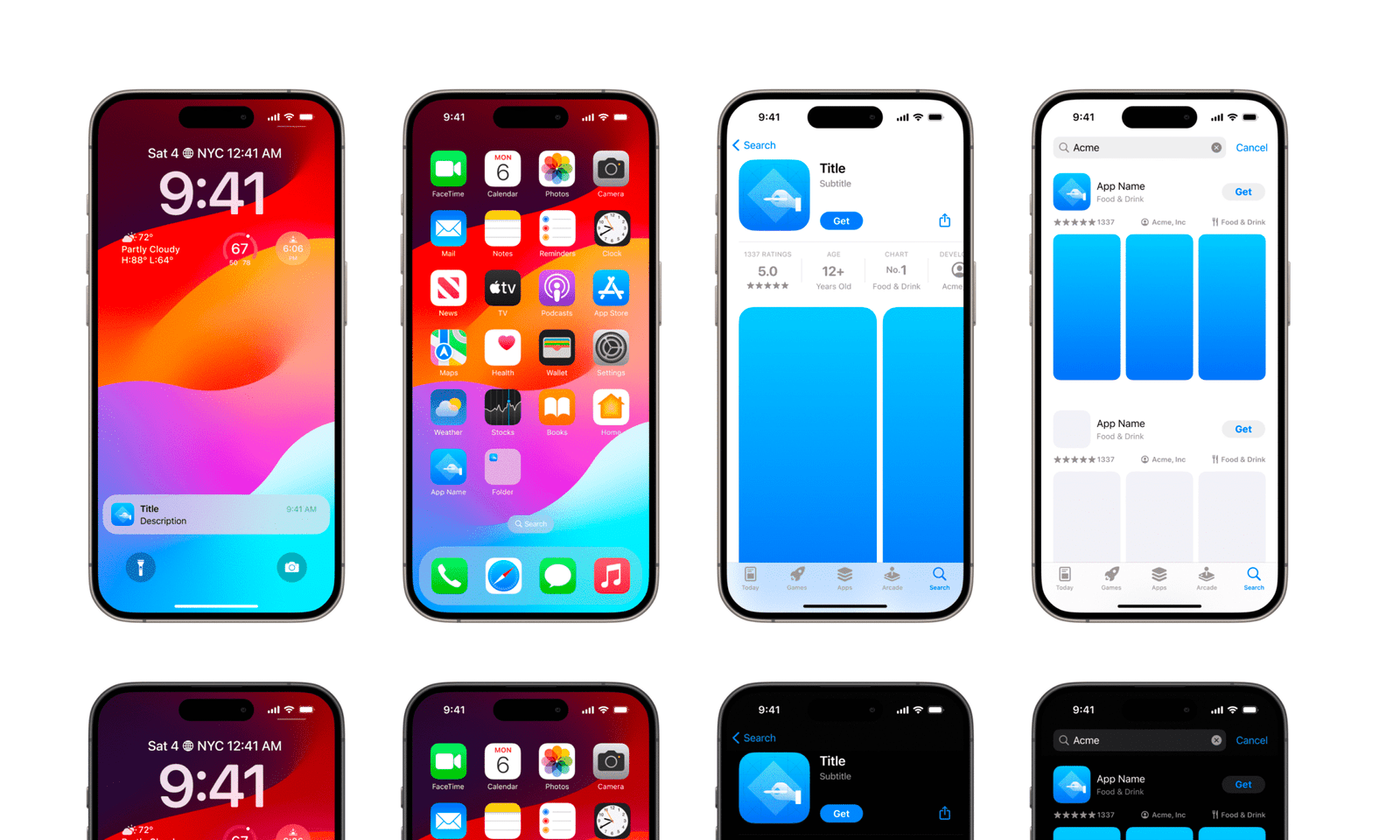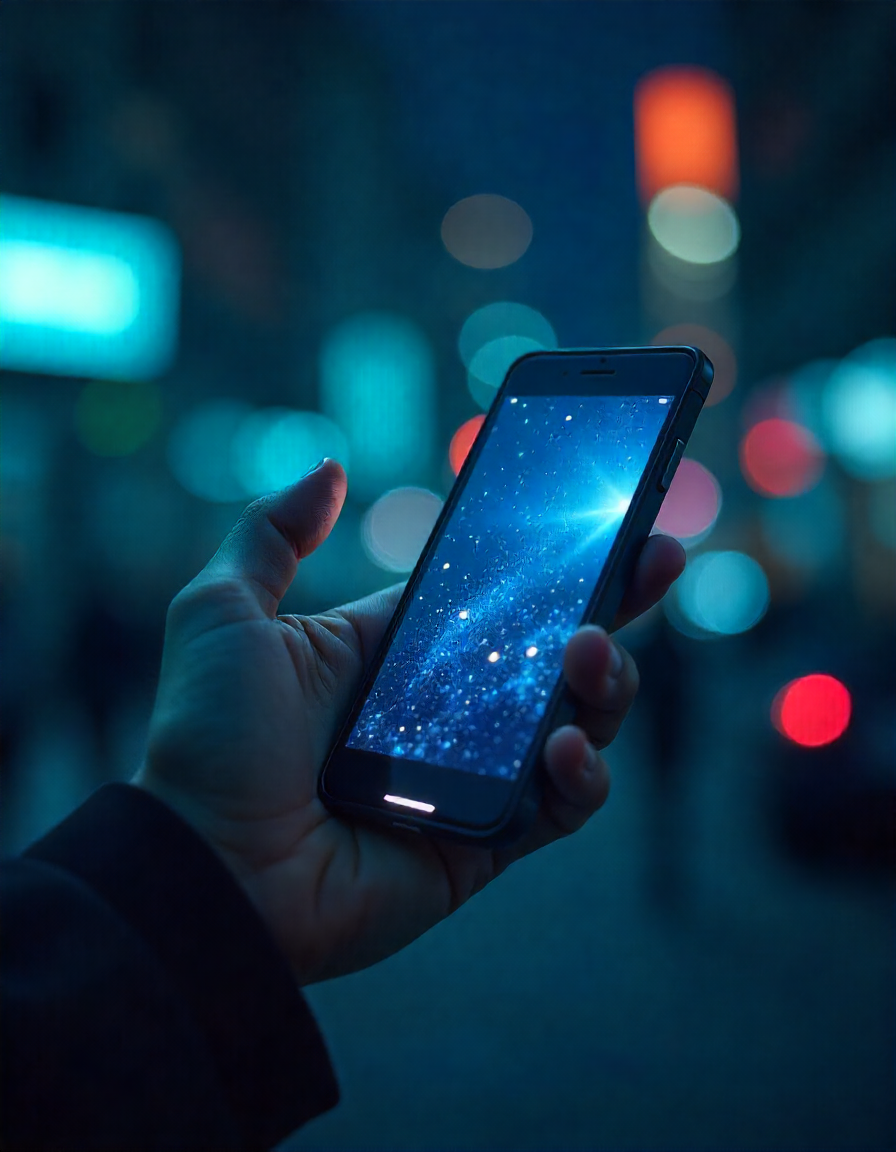One of the most compelling aspects of iPhone apps is their ability to integrate seamlessly with Apple’s broader ecosystem. Whether it’s through the iCloud, Apple Watch, MacBook, or HomePod, iPhone apps don’t operate in isolation—they offer continuity and synergy across all Apple devices.
For instance, you can start writing a note on your iPhone using the Notes app, and finish it later on your iPad or Mac without any disruption. If you’re using a task management app like Things 3, tasks updated on your iPhone will reflect instantly on your Apple Watch. This harmony between hardware and software has set a benchmark in the mobile industry and has made iPhones an indispensable tool for many.
Personalization and Customization
iPhone apps also support a high level of personalization. Users can:
-
Set up Focus Modes that tailor app notifications based on time, location, or activity.
-
Use Live Activities to get real-time updates on sports, food delivery, or transportation right on the lock screen.
-
Install third-party keyboards, icon packs, and launchers to give their home screens a personal touch.
Thanks to these features, users can transform their iPhone into a unique digital environment that reflects their lifestyle and needs.
Security and App Privacy
Apple has positioned privacy as a major selling point of its ecosystem. Apps on iPhone are subject to rigorous privacy guidelines and must display privacy nutrition labels indicating what data is collected and how it’s used.
iPhone users also benefit from features like:
-
App Tracking Transparency (ATT): Apps must ask permission before tracking user activity across other apps and websites.
-
Secure Enclave and Face ID: Apps that handle sensitive data, such as financial and health apps, use secure hardware encryption and biometric protection.
-
On-device processing: Many apps now process information on the device rather than sending data to external servers, preserving privacy.
This level of security gives users peace of mind, especially when using apps for banking, health monitoring, or storing personal data.
Emerging Trends in iPhone Apps
As the mobile industry continues to innovate, new trends are emerging that will define the future of iPhone apps:
-
AI-Powered Apps: Apps are becoming smarter, with features like predictive text, real-time voice translation, AI-based photo editing, and intelligent assistants that understand context.
-
Sustainability Apps: iPhone users are increasingly downloading apps that promote sustainability—such as carbon footprint trackers, recycling guides, and eco-friendly shopping apps.
-
Remote Work & Learning: With the shift to remote environments, apps like Zoom, Google Meet, Canvas, and Loom have become essential for education and professional collaboration.
-
Digital Wallets and Payments: Apple Pay, along with banking and crypto wallet apps, is revolutionizing the way users manage money—making payments easier, faster, and more secure.
-
Mental Health & Wellness Apps: As mental health awareness grows, apps such as Calm, BetterHelp, and Reflectly are offering support and therapy tools at users’ fingertips.
Conclusion: The App That Fits Your Life
The iPhone’s ability to adapt through its app ecosystem is what keeps it ahead of the competition. Whether you’re an entrepreneur managing your business remotely, a student organizing study notes, a gamer, a traveler, or simply someone looking to stay connected and entertained, there’s an app built for you.
As the world continues to digitize, iPhone apps will only grow in their importance—bridging the gap between technology and humanity. They are more than tools; they’re companions in our daily lives, helping us learn, grow, work, relax, and connect.
With every iOS update and developer breakthrough, the future of mobile apps looks not only promising but exciting. And with the iPhone at the center of this digital universe, users can look forward to a smarter, more intuitive experience—right in the palm of their hand.


